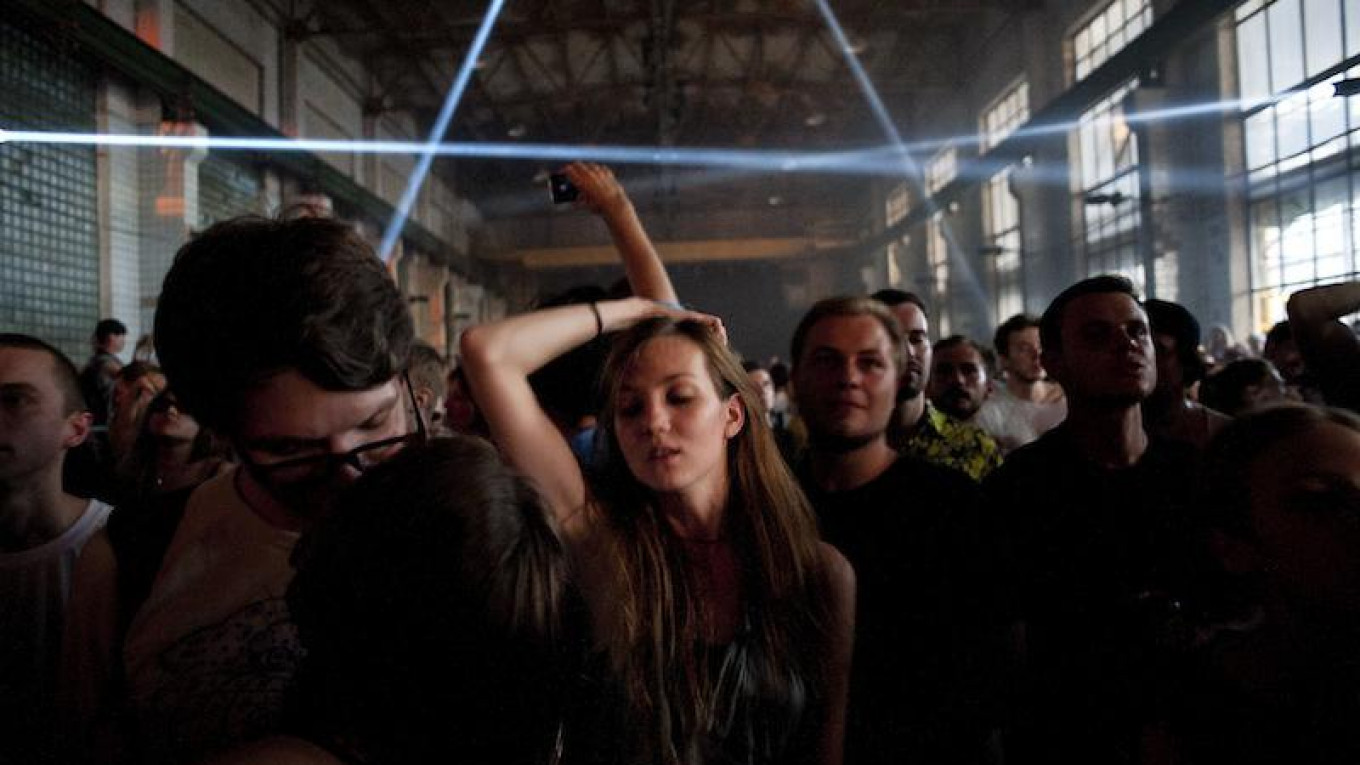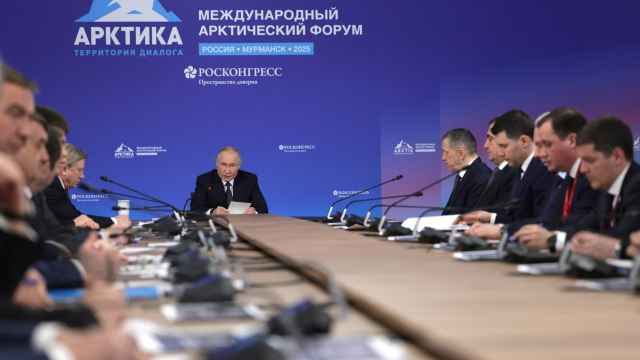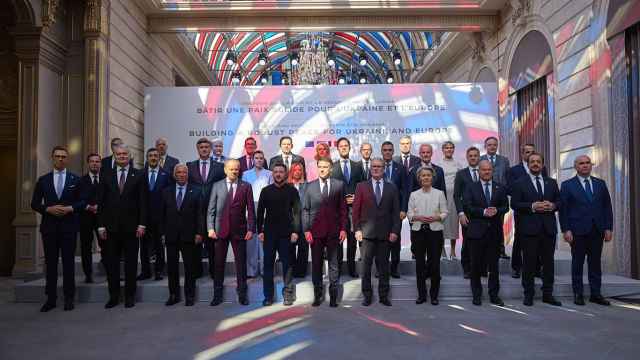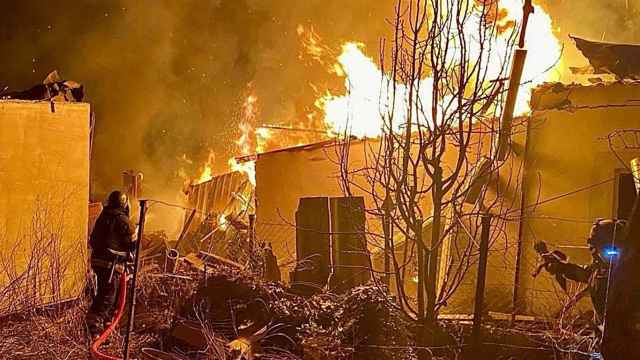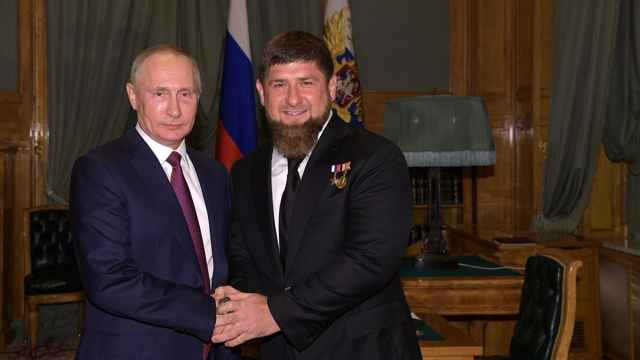Dmitry Puzyryovsky, 27, was ready to rave. Part of a group of ten friends, some of whom had traveled especially for the occasion from St. Petersburg and Minsk, he had tickets to the Outline 2016 electronic music festival in Moscow on July 2.
But the party ended before it ever began. Less than four hours before the official start time, the festival was canceled "for reasons outside the organizers' control," a message on Outline's Facebook page read.
It was not the party blowout that the 12,000 people who had bought tickets had anticipated.
In the days that followed, Moscow split into two camps over who was to blame for the last-minute letdown. On the one hand, local authorities have accused the festival organizers of negligence. The Outline team applied for a license to stage the event only three days before the festival instead of the required month, they said.
They have also described the event site, MoZAL, an abandoned factory of automated lines and specialty machines, as a fire hazard waiting to go up in flames.
"To stage a concert in those conditions is impossible and unsafe. The blame lies entirely with the organizers," the head of the capital's southeastern district, Andrei Tsybin, told the Interfax news agency.
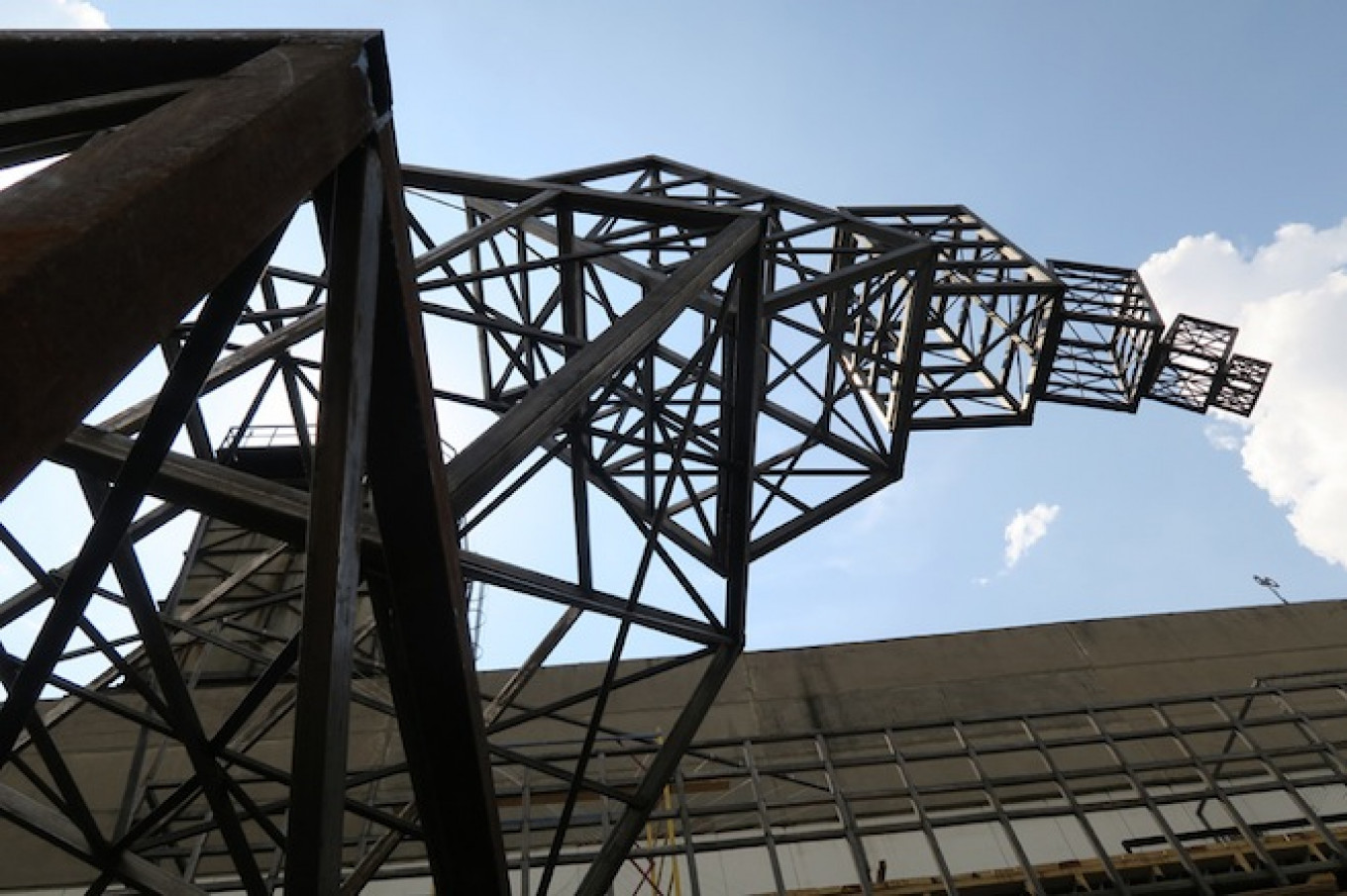
In the years since its first incarnation in 2014, Outline has gained a reputation for setting new standards for Russia's alternative music and art scene. Many of its fans described the event as "non-Russian" — both in terms of its global line-up as well as its free atmosphere of revelry, reportedly enhanced by the use of drugs among partygoers. The disgruntled ravers and Moscow's cultural elite are sure its canceling had little to do with legal formalities.
"They wanted to close down the festival. Whatever the reason they found, it is nothing but a technicality," festival organizer Natasha Abelle told the Afisha magazine.
Ilya Ostrovsky knows the feeling. Roughly a year ago, his Kubana rock festival was canceled two months before its start. The official pretext given by the Kaliningrad regional authorities was that they could not protect concertgoers from Orthodox activists who had protested against it. A year later, "I still don't know the real reason," he says.
Far from the hipster crowds of the Russian capital, he says his festival's closure did not cause the uproar that has followed Saturday's events. "But I warned then, this is coming to your doorstep too," he says.
In recent years, several musical performances and festivals have experienced pressure from local authorities, including the KaZantip festival in Crimea and concerts by rapper Noize MC and the Leningrad rock band, often amid accusations of negligent security or extremism.

Meanwhile, City Hall is taking up a prominent role in organizing events with more innocuous themes such as a jam festival, spring festival and ice-cream festival, leaving alternative culture lovers feeling increasingly marginalized. "What do we need this suspicious electronic music for?! Let's have an ice-cream festival, f*ck it!" prominent theater director Kirill Serebrennikov wrote sarcastically on Facebook following Outline's closure.
Ostrovsky has since moved his festival to Riga. He says regulation there is much stricter than in Russia, but the authorities work with organizers to resolve potential problems.
"Here, many officials see such festivals as 'strange dancing by strange people,'" he says. "If the authorities understood the value of such events for the city's image and for the country, you wouldn't get situations like this."
Many now fear that prominent scandals such as Outline won't only push Russian festivals outside the country's borders but will also scare off international artists from coming to Russia. Dutch artist Willem Besselink worked for 12 days at Outline on an art installation that will never be seen by the public.
But Besselink has nothing but praise for the organizers.
"The location, the line-up, but above all, the tremendous energy in the air to make it happen," he says, describing the atmosphere as without rival in Western Europe. The sudden end to his first trip to Russia, however, has also left a deep impression.
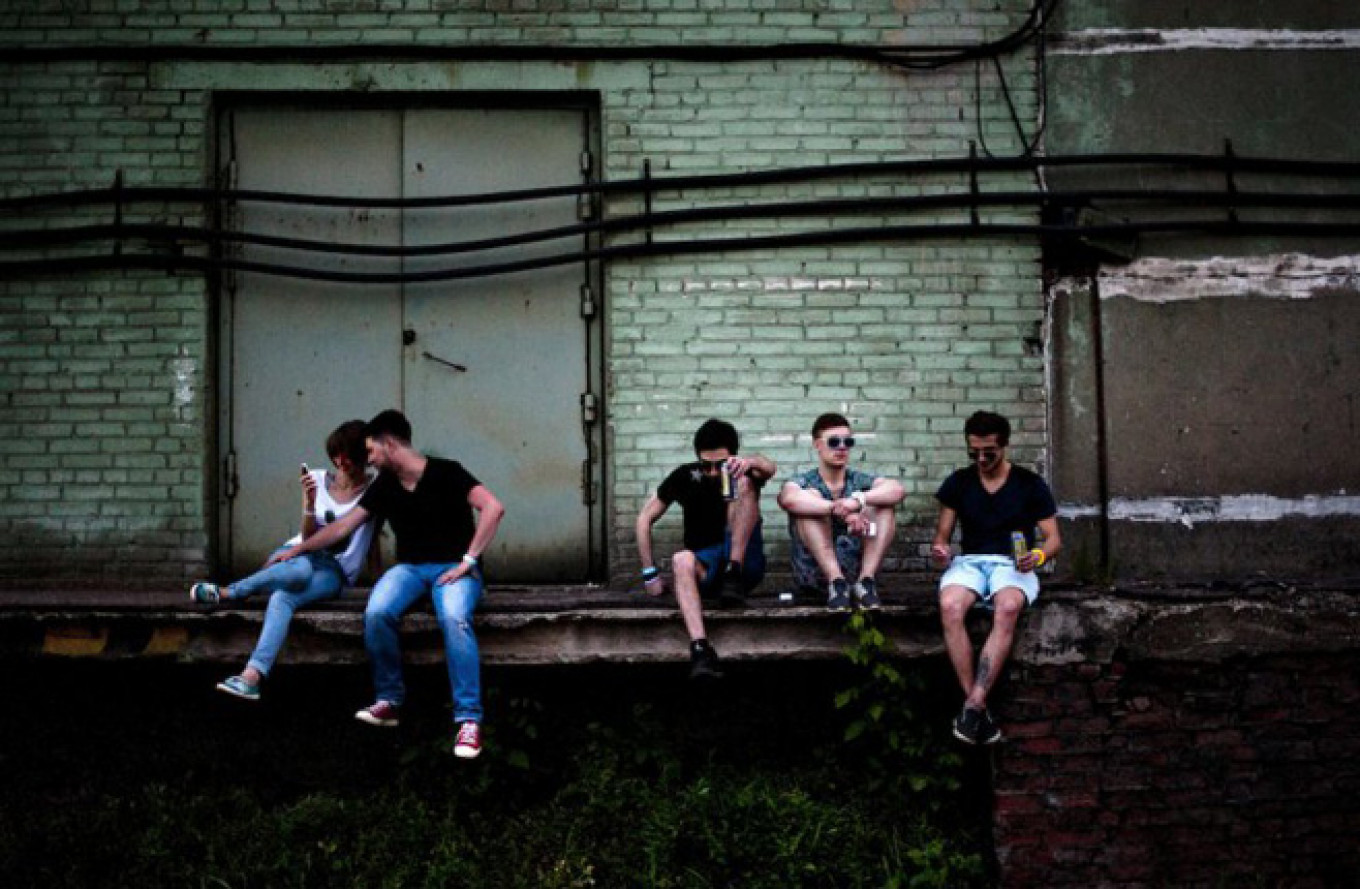
"It appears to me they used the licensing question as a stick with which to beat," he says. "They would've found a stick regardless: this festival was not going to be allowed to take place."
Meanwhile, the Outline organizers have promised to refund all concertgoers. With tickets up to 4,000 rubles apiece, it could set them back up to 100 million rubles, the RBC business daily calculated, citing an unidentified source close to the organizers.
Festivalgoer Puzyryovsky is still unsure whether he will cash in his 2,500-ruble ticket. Not doing so could help save the organizers from financial ruin.
The Outline team has been sparse with its public statements. It says it is focusing its energy on organizing next year's Outline program. "That would be a mature decision," says organizer Abelle. "We don't want to resort to protest politics. This festival was set up with exactly the opposite goal in mind […] Protests won't lead to anything," she told Afisha.
But for many ravers and much of Moscow's cultural scene, it is too late to put the genie back in the bottle.
"How do you make a music festival political? By canceling it," Afisha deputy editor Philip Mironov tweeted.
A Message from The Moscow Times:
Dear readers,
We are facing unprecedented challenges. Russia's Prosecutor General's Office has designated The Moscow Times as an "undesirable" organization, criminalizing our work and putting our staff at risk of prosecution. This follows our earlier unjust labeling as a "foreign agent."
These actions are direct attempts to silence independent journalism in Russia. The authorities claim our work "discredits the decisions of the Russian leadership." We see things differently: we strive to provide accurate, unbiased reporting on Russia.
We, the journalists of The Moscow Times, refuse to be silenced. But to continue our work, we need your help.
Your support, no matter how small, makes a world of difference. If you can, please support us monthly starting from just $2. It's quick to set up, and every contribution makes a significant impact.
By supporting The Moscow Times, you're defending open, independent journalism in the face of repression. Thank you for standing with us.
Remind me later.


